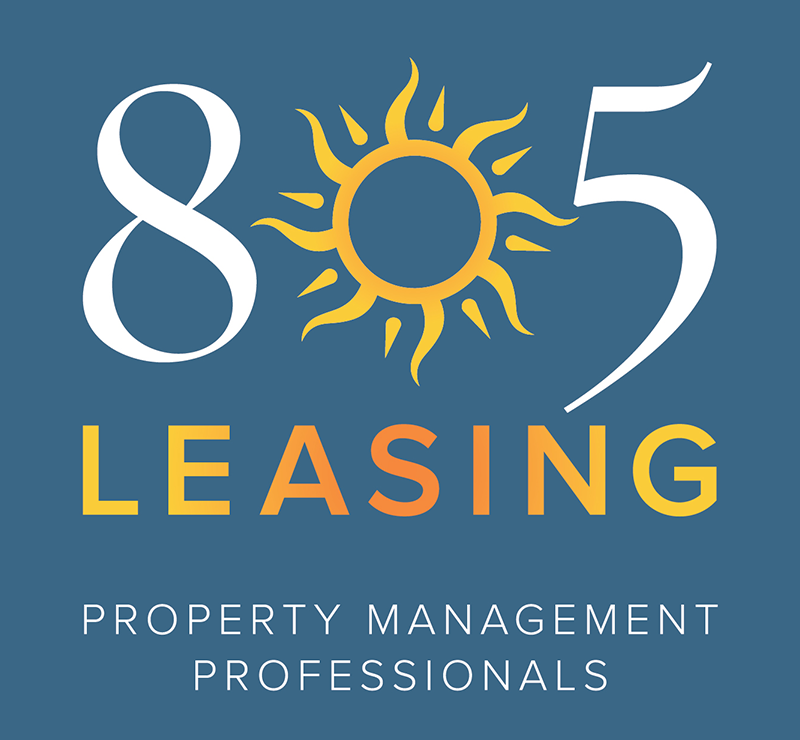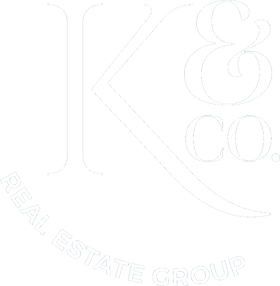Please be sure to look under the Apply Now tab for more available properties that may not be in the MLS or shown here.
Benefits of Tax Laws
One of the results of the 1997 Taxpayer Relief Act is that most homeowners will never have to pay taxes on the profits from the sale of their home. Because this the most intensive change in tax laws in the last decade there are several important questions that need to be answered.
How Much Tax-Free Profit Can I Keep From the Sale of My Home?
Under the traditional system, taxes could be deferred on the sale of property as long as the profits were rolled over into a new home within two years. Under this act, each individual can keep $250,000 (thus $500,000 for married couple) tax-free without having to roll over the profits.
Is This a One-Time Exemption?
No. As long as you have used the property as primary residence for two years out of the five years prior to the date of the sale, you qualify. This also replaces the one-time exemption in the "over 55 rule".
Can I Still Take a Tax Deduction for My Children?
Actually, you can now take a tax credit rather than a tax deduction. As opposed to a tax deduction, which comes out of your taxable income, the tax credit comes out of the final tax bill, so it is even more beneficial.
Can I Use My IRA to Help My Children Purchase Their First Home?
Yes. You can withdraw up to $10,000 without penalty from your IRA to help with the purchase of a first home. You can also withdraw an unlimited penalty free amount to pay for selected higher education expenses.
What Happens to the Tax Credit Once My Children Are 18 and go to College?
The Hope income tax credit of up to $1500 a year for the first two years and the Lifetime Learning tax credit of up to $1000 a year for certain higher education expenses are still available to you. You can use one or the other per year, but not both. As another option, you can take a tax the interest paid on qualifying educational loans.
Does the New Tax Law Provide Home Office Tax Breaks?
Yes. A home office qualifies as the principal place of business if it is used regularly to conduct business and is separate from the home. This will help if you spend most of your time away from home, but do the administrative and management activities at home. You will have to consult your tax advisor for more information.



